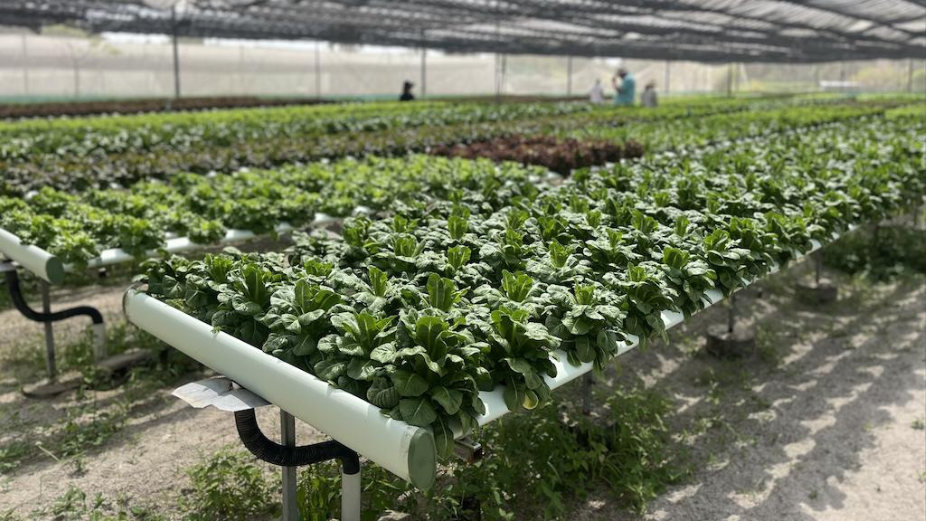
The Asian Development Bank (ADB) has approved a financing package worth USD 21.95 million to enhance the Maldives’ ability to combat the effects of climate change and ensure the sustainability of its food systems. The package includes a USD 4 million concessional loan and a USD 17.95 million grant from the Asian Development Fund, which supports ADB’s poorest and most vulnerable member countries.
The Maldives, with the majority of its islands lying less than one metre above sea level, faces severe threats from climate change. Rising sea levels, coastal erosion, and the increasing frequency of cyclones are significant concerns for the country’s short- and long-term food security, given its dependence on food imports. Highlighting these challenges, ADB’s Principal Natural Resources and Agriculture Economist, Michiko Katagami, emphasised that the project aims to combine innovative infrastructure with nature-based initiatives and urban farming to build long-lasting resilience.
Project Focus and Initiatives
The Enhancing Climate Resilience and Food Security Project will strengthen the Maldives’ capacity to manage climate-related disasters by upgrading early warning systems in Malé and Addu City. These improvements will enable the Maldives Meteorological Service to establish a real-time weather monitoring and alert system. In addition, the project will conduct community training and awareness-raising on disaster preparedness and climate change adaptation measures.
One of the key beneficiaries of this project will be Kulhudhuffushi Island, the most populous in the northern region. Plans include constructing stormwater drainage and filtration systems, restoring mangrove areas, and introducing other nature-based solutions to mitigate flooding. Coastal protection measures such as artificial reefs, berms, and groynes will also be implemented to safeguard shorelines and reduce sand erosion.
To support food security, the project will introduce climate-smart urban farming technologies in Haa Dhaalu and Addu atolls. A multipurpose facility will be constructed at the Hanimaadhoo Agriculture Centre (HAC) to enhance its training and research capabilities. The initiative aims to expand local food production, create employment opportunities, and offer business advisory services to farmers, cooperatives, civil society groups, and women and young entrepreneurs involved in agribusiness. Beneficiaries will also have access to matching grants to develop and grow their enterprises.
Additional Funding and Partnerships
The financing package will be further supported by a USD 3 million grant from the Japan Fund for Prosperous and Resilient Asia and the Pacific, funded by the Government of Japan. This grant will assist HAC operations and promote new agricultural technologies. Additionally, the Ocean Resilience and Coastal Adaptation Trust Fund (ORCATF) will contribute USD 1 million to finance nature-based flood mitigation and coastal protection measures. An extra USD 1.5 million technical assistance grant from ADB’s Technical Assistance Special Fund and ORCATF will support capacity building and research initiatives.
Established in 1966, ADB remains committed to fostering a prosperous, inclusive, and sustainable Asia-Pacific region. With 69 members, including 49 from the region, ADB continues its efforts to combat poverty while promoting resilience in the face of climate challenges.












